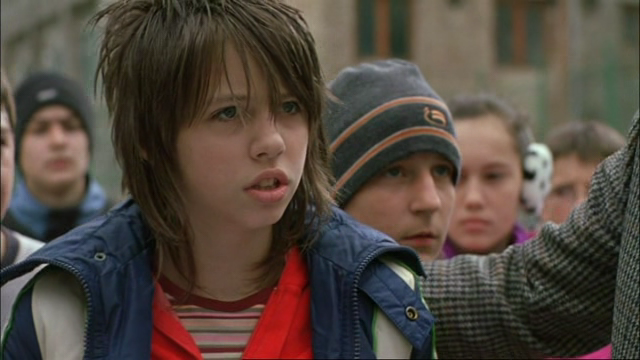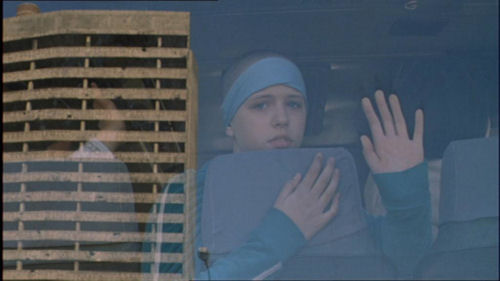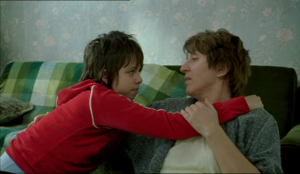Disney's ‘From Our Family to Yours’ Passes Down the Magic of the Holidays
Disney’s first Christmas advert, ‘From Our Family to Yours’ teaches us the magic of the holidays.
Incluvie Foundation Gala - Learn More


Editor’s Note: Trigger warning for Rape

There are two types of post-memories, there are only two that I can think of that I can connect to. One of the post-memories is familial; my mom would tell me stories about Obeah, the forgotten language of patois in my family- and there’s Anansi. These stories felt ghostly, unfamiliar, and strange because I did not connect to them, for they are my mom’s stories, stories she grew up listening to from her parents. Then, my mom and I watched Eve’s Bayou, and so much of the Caribbean culture my mom spoke of was communicated through that film. Next, affiliated post-memory; reading Toni Morrison’s Beloved, was terrifying and magnificent. The scene that stood out for me the most is the disturbing image of the main character, Sethe, whose breastmilk was being drunk by white men. I was Sethe when I read this scene, I imagined my body, subdued on the ground, my breasts naked to these white men, my milk pouring into their mouths… This is not a real memory. The language was so vividly written that it transmitted images, that felt like they were my own images.

When watching Grbavica, I learned about the rape camps during the Bosnian war as a tactic of the humiliation of Bosnian women as well as ethnic cleansing. Esma’s secret of her rape causes the distance between herself and Sara. For example, the scene where Esma is crying and shuts the door, so Sara cannot witness her sadness, leaves Sara feeling alienated. The rape post-memory is when Esma reveals the truth about Sara’s conception, which happened in the rape camps. Esma’s memory of her rape transmits into images for Sara, causing her identity to shatter; we see this when she shaves off all her hair because Esma told her she has her father’s hair.

Post-memory doesn’t always have to link to one’s identity, but in Sara’s case, her parentage was a form of her identity. I also think the scene of Esma telling Sara the truth about her rape is another post-memory. Sara was extremely burdened by her mother’s truth, when she looked at herself in the mirror, she saw a child who is a product of rape. Not to mention, when Esma told her the ‘men’ raped her, Sara was probably imagining these men violating her mother’s body and how Esma was forced to give birth to her in this camp. Once again, Esma is transferring images in Sara’s mind, and while these images are not of Sara, they affect her deeply.
Related lists created by the same author
Disney’s first Christmas advert, ‘From Our Family to Yours’ teaches us the magic of the holidays.
Related diversity category
The 'Hawkeye' season finale features all kinds of cool characters and resolves its loose plot threads efficiently, yet it's lacking when it comes to the vital development of its characters.
Related movie/TV/List/Topic
Can a homeless yet optimistic teenage girl learn to accept a helping hand?